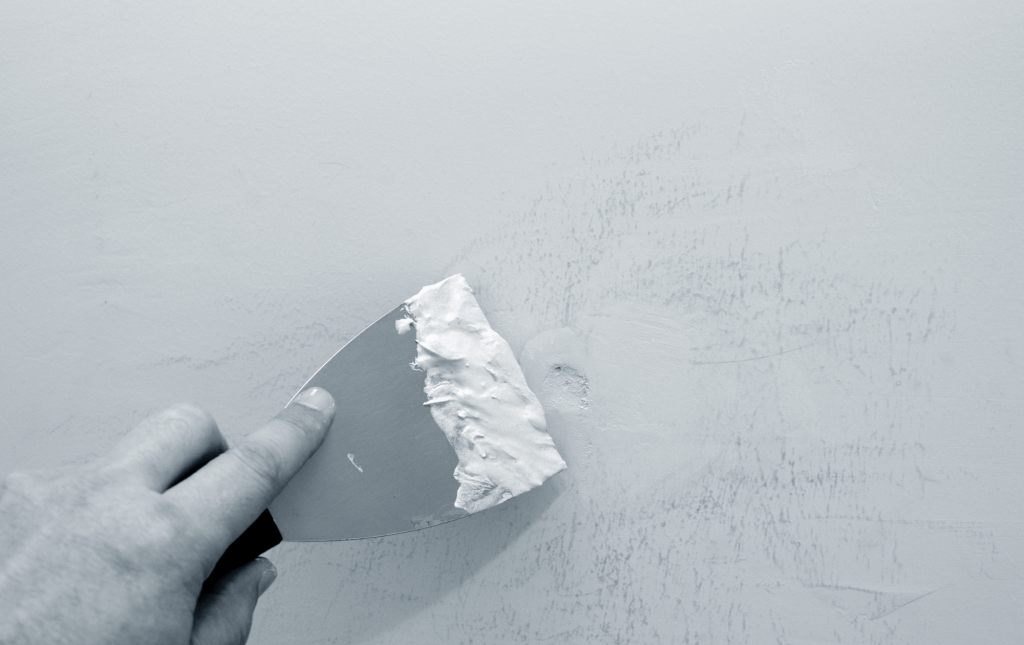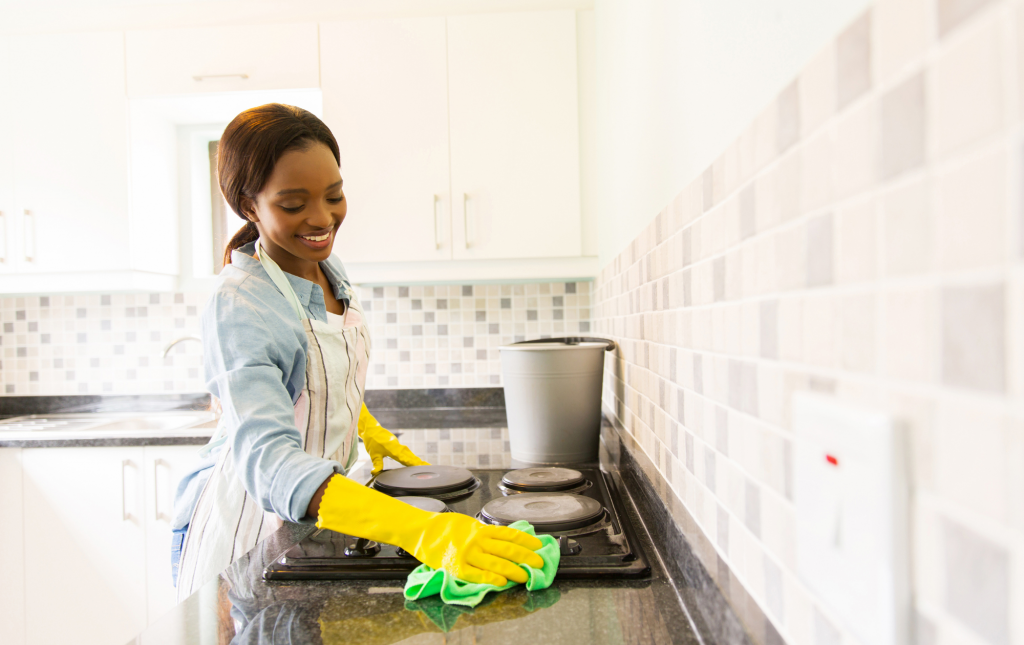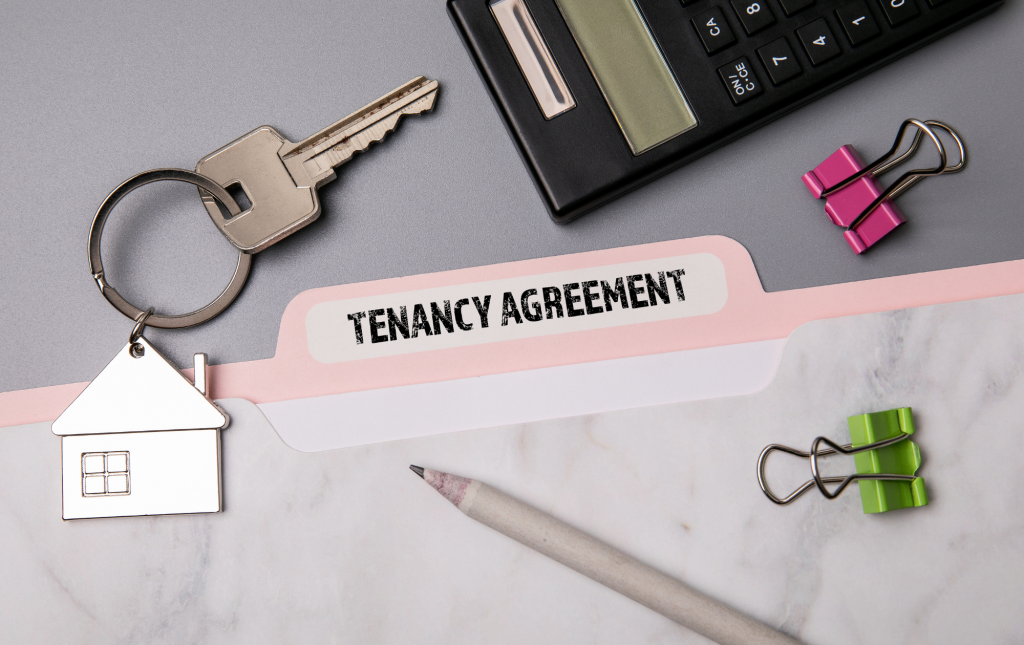Unfortunately, social media and community groups are filled with desperate stories of tenants struggling to get their deposits back from landlords. In many cases, they attest they left the property clean and in good order. Some have even paid for a professional cleaning company to ensure the property was, if anything, better than they found it. Still, deposits are often held back.
Landlords tend to be less vocal regarding tenancy issues, admittedly. However, there are also a fair number of horror stories also regarding how properties have been left. So, in a deposit scheme that is meant to protect both landlords and tenants, you need to be clear on what is expected, reasonable and legal. So, here are some clarifications on getting your deposit back and end of tenancy best practices.

Can Landlords Refuse To Return Deposits?
Since deposits can often be over £1,000, refusing to return someone’s full deposit is a serious action and must be justified. Withholding a full deposit suggests that repair work or cleaning efforts will cost more than the deposit, otherwise you would be looking to receive the deposit back with these costs deducted.
Landlords can legally withhold all or part of your deposit if:
- Rent is owed
- There is damage to the property
- The property has not been left clean or damage has been caused by lack of cleaning throughout the tenancy
- Items included in the property are missing or damaged
Some of the time, explanations for not returning a deposit will amount to a few grievances such as a broken mug, a loose door knob and some weeds in the garden. It’s important in these cases to assess what reasonable charges for replacements and repairs would be. Often, fixing small issues and replacing one or two missing or broken items does not amount to costs anywhere near the full deposit. So, if there are a couple of issues with a property you’re moving out of, don’t let that put you off leaving the home clean and taking care of any repairs you can.
End Of Tenancy Repairs And Replacements
It’s very difficult to live in a property for a year or more and not cause any damage whatsoever. Scuff marks, loose toilet seats, drawers that no longer shut completely, etc, are perfectly normal occurrences but it is wise to fix these prior to vacating the property, even if some can arguably amount to expected wear and tear. Anything that your landlord is responsible for repairing should be brought to their attention before you leave the property. This means that, if left unrepaired, a landlord cannot use it as a reason not to return your deposit. However, if you have not requested the landlord fix an issue then you are in a position whereby you can be held responsible for failure to let them know. In cases such as mould and leaks in the property, you can then be blamed for the problem persisting which can be very costly to repair and result in you not getting your deposit back. So, make sure that you report any issues with the property in writing so you have a written record.

Damage to the property can also include things you have done to make the property feel more like home. For example, holes created by putting up pictures, walls you have painted a different colour and returning existing fittings that you may have replaced with your own, like lampshades. Most of these repairs are low cost and can be carried out by you, which will save you money. However, if you are concerned that your DIY abilities are not up to scratch it may be wise to procure the assistance of a friend or even a professional handyman.
If you do pay anybody to carry out repairs, professionally clean carpets or paint, make sure you keep a record. You do not want to pay out for these services only to have your deposit also withheld. If you can provide evidence that you had a professional carry out work on the property then it would be very hard for an estate agent or landlord to claim that this needs to be redone.
Damage to items within the property can be a reason to withhold part of a deposit and you’ll likely end up paying far more to replace items than they actually would have cost if you had done it. So, address any broken or missing items with your landlord prior to moving out and make sure this is a written communication that you have a record of. Let them know of any missing or damaged items and ask them what they would like them replaced with. For instance, if it’s a mug or two then the property owner will likely leave you to choose replacement crockery yourself. However, if a lamp has been broken they may wish you to replace it with the same one or very similar, perhaps providing an online link to where you can purchase the replacement item. Going through this process is important to avoid overpaying for replaced items after or even during your tenancy. Leaving your landlord to access the cost of replacing items after you’ve moved out could lead to a chipped Habitat plate suddenly being claimed to have been a Royal Doulton collectable, for example.
End Of Tenancy Cleaning
When you move out of a rental property you must leave it in the condition you found it in, at least. Not when you viewed the property but on the day you moved in.
Usually, a landlord or estate agent will have a property professionally cleaned before a new tenant moves in, so it is often wise to do this too. In fact, it may even be specified that professional end of tenancy cleaning is required and part of your tenancy contract.
End of tenancy cleaning is likely less costly than you would imagine, especially if you’ve kept the property clean during your tenancy. Moreover, you’ll probably be more inclined to find an affordable cleaning service than your landlord will be, especially if they’re in a hurry to get it done. It is wise to include a deep clean of the kitchens and bathrooms, making sure the oven is properly cleaned in particular.
Find out more about our end of tenancy cleaning service in Cheltenham, Bishop’s Stortford, Winchester, Fleet, Farnham, Alton, Milton Keynes and Guildford and Godalming.

It is worth noting that even the deepest most efficient clean will not remain gleaming following two weeks or more of a property being vacated. Dust will return. So, it’s important to ensure the landlord sets and sticks to a date for inspecting the property soon after it’s been cleaned. Arrange this before confirming your cleaning appointment and ensure you have a record of when the cleaning took place.
How To Get Your Rental Deposit Back
Processes should be followed to avoid issues with getting your deposit back from your estate agent or landlord. Everything should be documented so you have a record and proof. Moving out of a home is an extremely busy time and it is difficult to achieve some of these things. Yet, you also do not want to be chasing and getting involved in disputes when you’re supposed to be enjoying settling into your new property.
Before you move out you should
- Make repairs where damage is beyond expected wear and tear
- Replace any broken or missing items
- Ensure you’re up-to-date on your rent
- Make sure you have a record of any repairs you have asked your landlord to take care of, especially if they were not actioned
After you move out your should:
- Get a professional end of tenancy clean
- Take pictures of the property when it is empty and has been cleaned
- Insist on an end of tenancy check out inventory and inspection within a week of vacating the property and ask to be present
Tenants do have a right to be present at a moving-out inspection and this can be helping in avoiding conflict. You will be able to remind landlords about any damage that was present before your tenancy and it also demonstrates that you are serious about getting your deposit back.

What To Do If A Landlord Refuses To Return Your Deposit
Some people do right-off their deposit when they move into a property. For whatever reason, they decide repairing damage and leaving the property as found is more effort than the deposit is worth to them. This is fine of course, and the purpose of having a deposit system. However, in cases where you believe you have left a property that meets the required standards of cleanliness then you deserve for your deposit to be returned, as previously agreed.
If your landlord placed your deposit in a tenancy deposit scheme (TDP), which they should legally have done, then you may contact the Deposit Protection Scheme to get your deposit back. It is reported that they tend to lean toward the side of the tenant in disputes over security deposits. Again though, this is where having photographic evidence of how you left the property, as well as written communications between yourself and the agent or landlord, is most helpful.
The most important thing to do when disputing a decision to withhold a deposit is to hold firm. Make it clear that you’re aware of your rights and that you will be pursuing legal action to get your deposit back if necessary. That is usually enough to make a landlord ‘trying their luck’ reassess their position.






